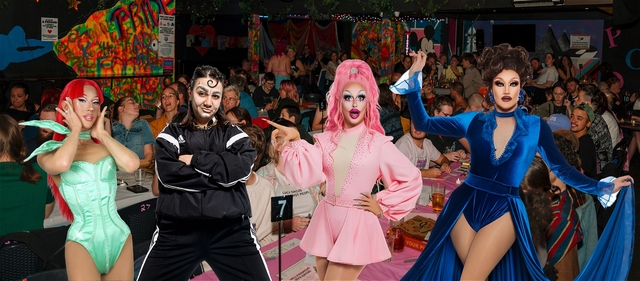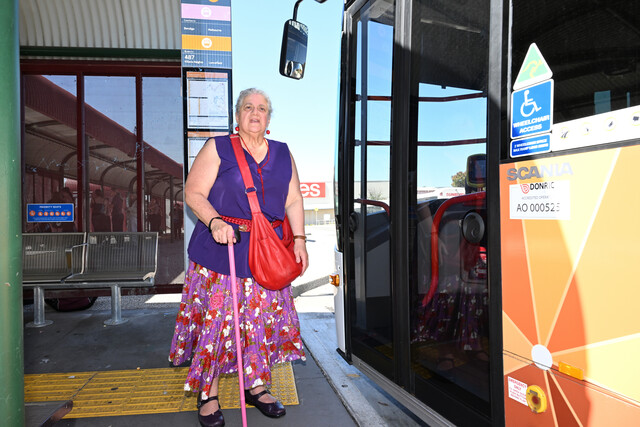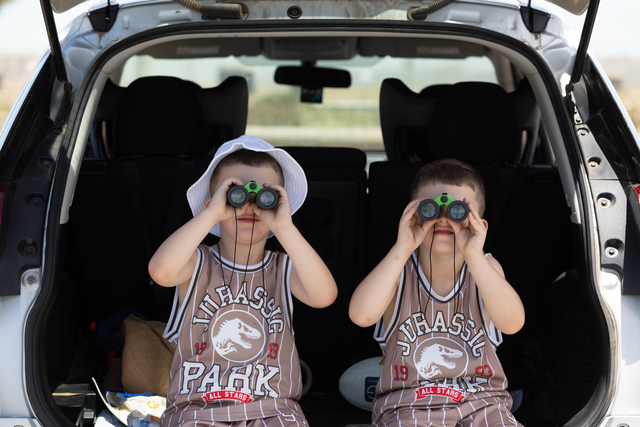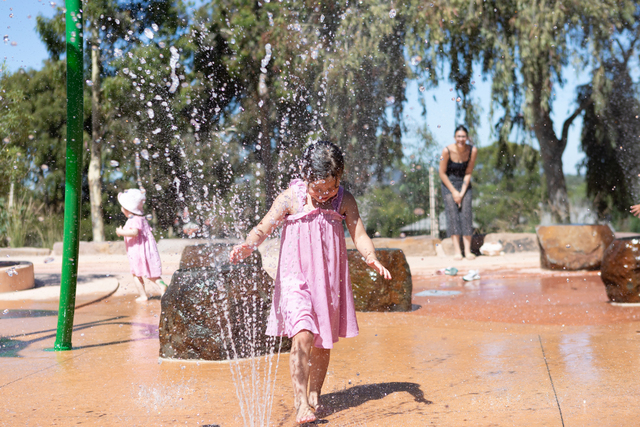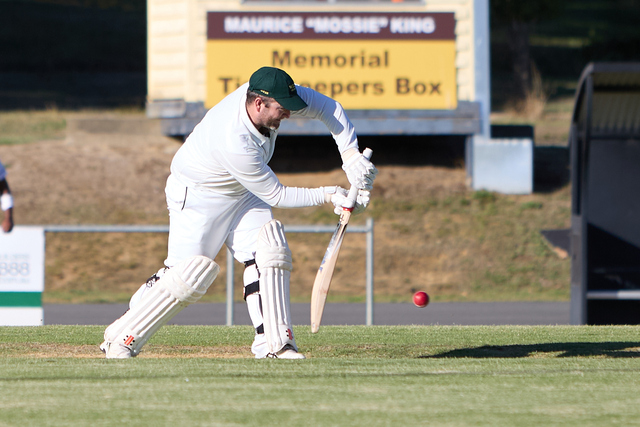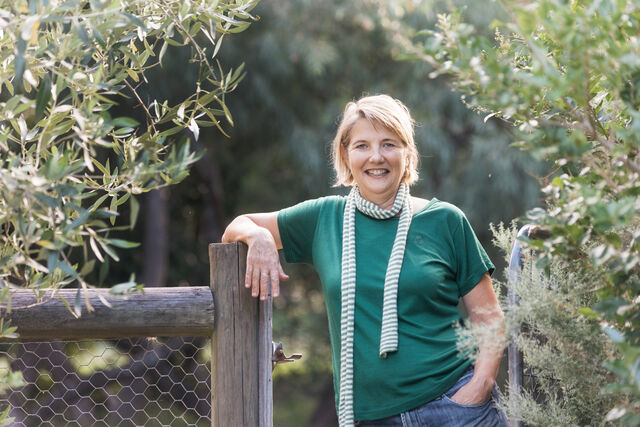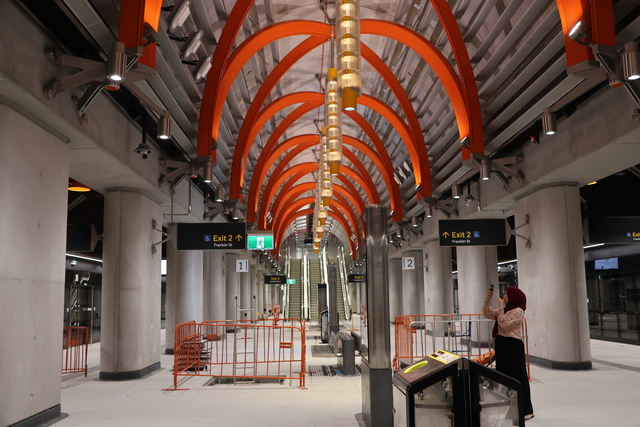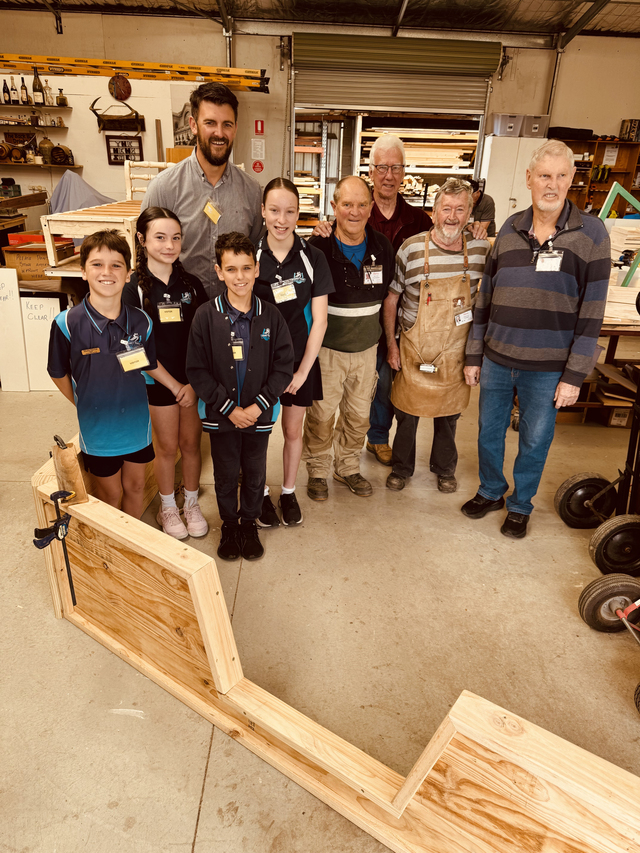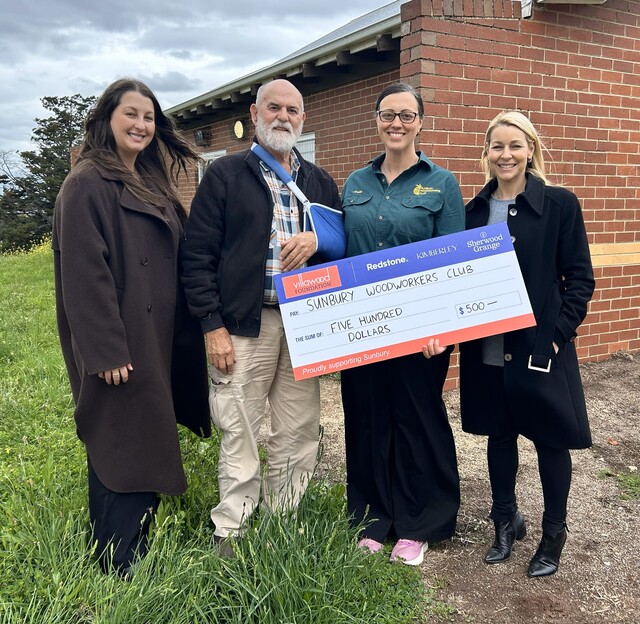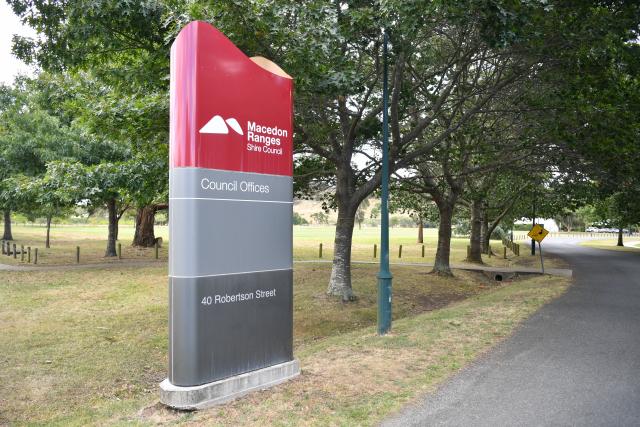A Sunbury sexual abuse survivor is calling for more acknowledgement for children who were placed into voluntary or informal care, following the premier’s apology this week.
On February 8, Premier Jacinta Allan issued an apology to Victorians who experienced historical abuse and neglect as children in institutional care.
Sunbury resident Tracie Oldham was a voluntary placement survivor and said it’s important to be acknowledged and have the abuse acknowledged.
“It’s a horrible way to put it, but it’s like the institutional abuse survivors are an exclusive club and we aren’t eligible to be members,” she said.
“I can only speak for myself, I went from one dysfunctional, horrific, sadistic family to another and each one was more horrific than the one before.
“The more they got away with it, the worse it became. There were no government authorities to say ‘hello, stop there, we don’t want this to happen’.
“We have a lot of victims in Sunbury, a lot of survivors in Sunbury because of the institutional abuse.”
Voluntary or informal care is recognised as children who were in care, but not made a ward of the state under state child welfare legislation.
Ms Oldham said she attended then Prime Minister Scott Morrison’s national apology in 2018 to victims and survivors of institutional child sexual abuse.
“Our exclusion from the national apology… was demoralising and humiliating.
“We were also denied inclusion in the national memorial for victims and survivors of institutional child sexual abuse which was erected for victims, survivors, their families and friends.
“I can still clearly recall how deeply offended and all too familiar it felt to be ignored when survivors of voluntary placements were left out of the apology.
“I realised that my horrific abuse and the trauma endured by countless voluntary placement survivors was deemed so insignificant that it was completely ignored, and I had never felt more invisible or alone and invalidated.
“We are literally the invisible generation, nobody knows we exist, we’ve got no rights.”


